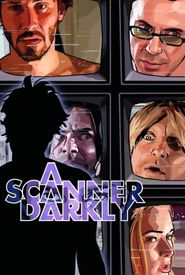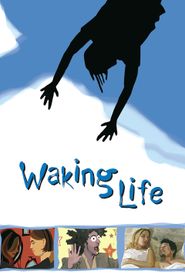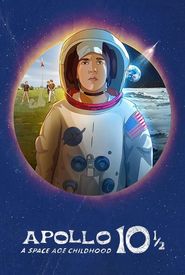Tommy Pallotta's illustrious career in the film industry began with a degree in Philosophy from the University of Texas at Austin, where he crossed paths with the renowned director Richard Linklater. This serendipitous encounter led to Pallotta's entry into the world of filmmaking as an actor and production assistant on Linklater's groundbreaking debut, Slacker, released in 1991. Throughout his early years in the industry, Pallotta worked on a multitude of films and commercials, honing his skills and laying the foundation for his future endeavors.
As his expertise grew, Pallotta took on the roles of writer, director, and producer for his inaugural feature film, The High Road, which premiered in 1997. This milestone marked the beginning of a prolific period in his career, during which he collaborated with animator Bob Sabiston on a string of innovative projects. Among these was the critically acclaimed Roadhead, which earned the Best Animation award at the Aspen Film Festival in 1999.
Pallotta's work with Sabiston also yielded the captivating Snack and Drink, a poignant three-minute short that explores the experiences of an autistic child in a 7-Eleven store. This powerful piece is now part of the permanent collection at the New York Museum of Modern Art. Additionally, he produced a series of interstitials for MTV, as well as Figures of Speech, a collection of interstitials for PBS, both of which showcased his versatility and creativity.
Pallotta's innovative spirit and technical prowess were soon recognized by Richard Linklater, with whom he collaborated on the groundbreaking computer-animated feature Waking Life, released in 2001. This independently financed and produced film was the first of its kind and earned three Independent Spirit Award nominations, including Best Picture.
In the following years, Pallotta continued to push the boundaries of animation and technology. He directed the first machinima-produced music video, In the Waiting Line, using the animation engine from the Quake 3 video game, and co-created the rotoscoped MTV "Breakthrough Video" Destiny for the band Zero 7. The Microsoft Research and Development team acknowledged Pallotta's "penchant for innovation" with an interactive project based on Jonathan Lethem's novel Amnesia Moon, although this experiment was ultimately not released to the public.
Pallotta's most recent collaboration with Richard Linklater was the production of A Scanner Darkly, a film adaptation of Philip K. Dick's novel of the same name, starring Keanu Reeves. Released in 2006, this critically acclaimed film further solidified Pallotta's reputation as a visionary producer and innovator in the world of filmmaking.

























